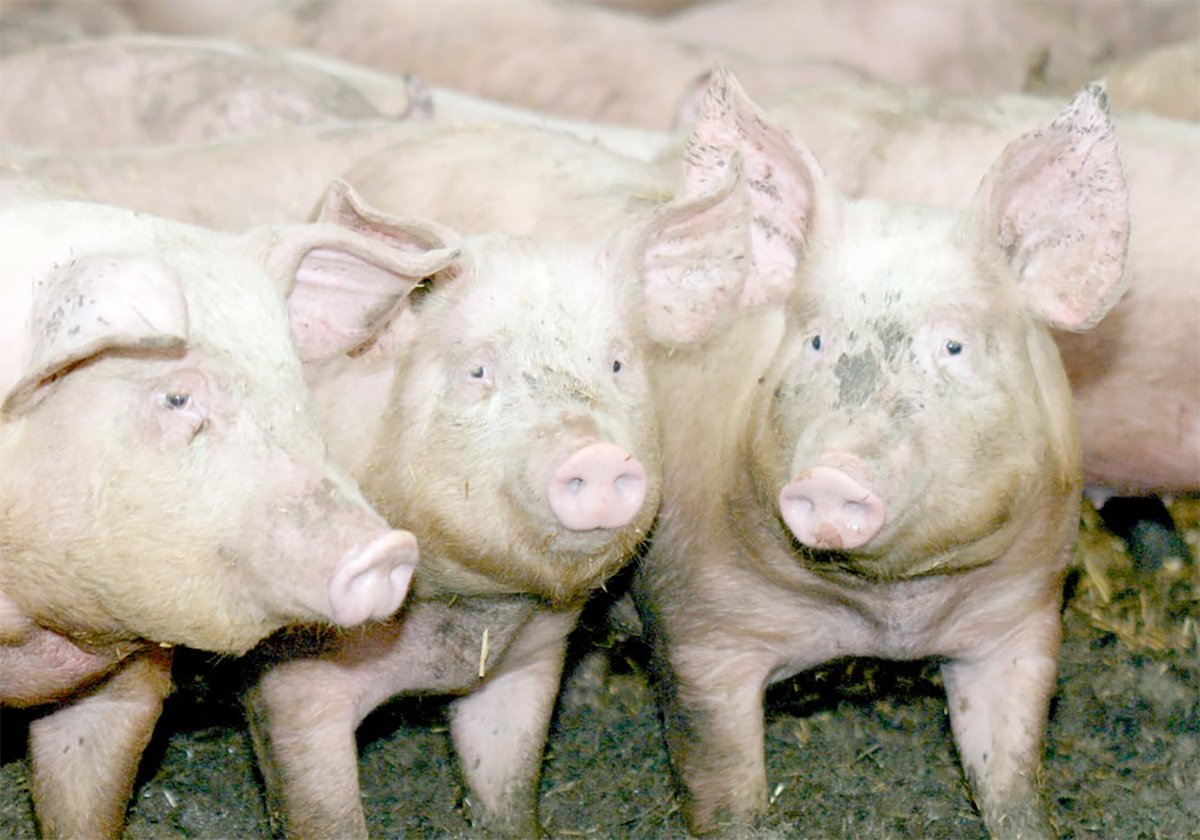DENVER, Colo. Ñ American livestock producers may be leery of an animal identification system, but more are accepting its necessity.
“Animal identification is a huge issue with all of the livestock industry, not just beef,” said U.S. Department of Agriculture undersecretary Bill Hawks.
Speaking at the Ranchers-Cattlemen’s Action Legal Fund annual meeting, Hawks assured producers it is not tied to upcoming country-of-origin labelling requirements.
“Animal identification is being done for disease management and control purposes,” he said.
R-CALF retiring president Leo McDonnell said people could make it work to their advantage since major markets like Japan want source-verified beef.
Read Also

The Western Producer Livestock Report – November 13, 2025
Western Producer Livestock Report for November 13, 2025. See U.S. & Canadian hog prices, Canadian bison & lamb market data and sales insights.
“If we had it in place maybe we’d get some of our export markets back,” he said. However, he remains concerned national identification in any form could be another regulatory burden adding costs to producers’ bottom line.
There is $33 million in the USDA budget for administration of an identification program.
Valeri Ragan, a veterinarian working on the program, said the federal government wants an animal health tracking system to protect the nation’s food supply against bioterrorism.
“There is a very real concern about emerging diseases that we may not necessarily know about,” she said.
“There are a lot of pathways for disease to get into this country so we want to make sure if it is introduced here, we are able to detect them and eliminate it as soon as possible or contain it before it spreads,” she said.
In public hearings around the country, producers said they want a reasonably priced, flexible program so they can use some of the systems already available. Confidentiality must also be ensured.
A number of pilot projects are testing systems ranging from brands to radio frequency identification connected to computers and palm pilots.
A project between the Intertribal Agricultural Council based in Billings, Montana, and the Kansas Stockgrowers Association is working with the electronic company, Raytheon Technology, a designer of security systems for the Central Intelligence Agency.
Doren Junek from Kansas said they are convinced RFID is the best system that could still be incorporated with brand information.
They are looking at regional data centres with firewalls to protect information and a password-locked system to maintain confidentiality and protect against market espionage.
“We’re worried about the amount of information that a packer can get,” said Junek.
With advances in radio frequency technology, the identification could have broader applications for source verification in branded meat programs or maintaining a better farm database.
“There has to be a benefit to the producer or the buy-in won’t be that good,” he said.
The North Dakota project is using brand information and paperwork attached to that system.
Melvin Leland, representing the North Dakota Stockgrowers project, said there are concerns RFID systems may not work in extreme weather conditions
Premise numbers are being issued to farms and will be included with the brand certificates. The number is based on the producers’ mailing address, but some states are considering using global positioning co-ordinates for premise identity.
Information on file will only be available to the state veterinarian.
“There are positives and we have to keep an open mind on ID,” he said.
“I’m not afraid to be accountable for my production.”















